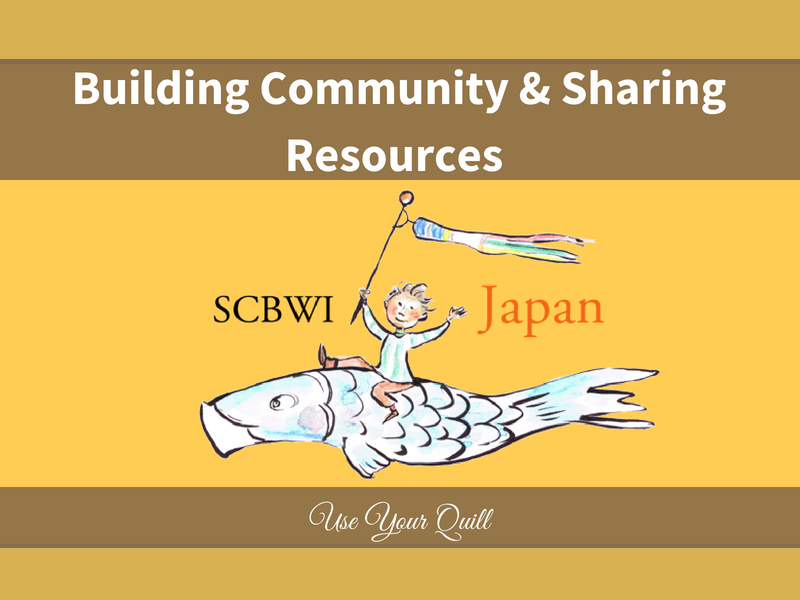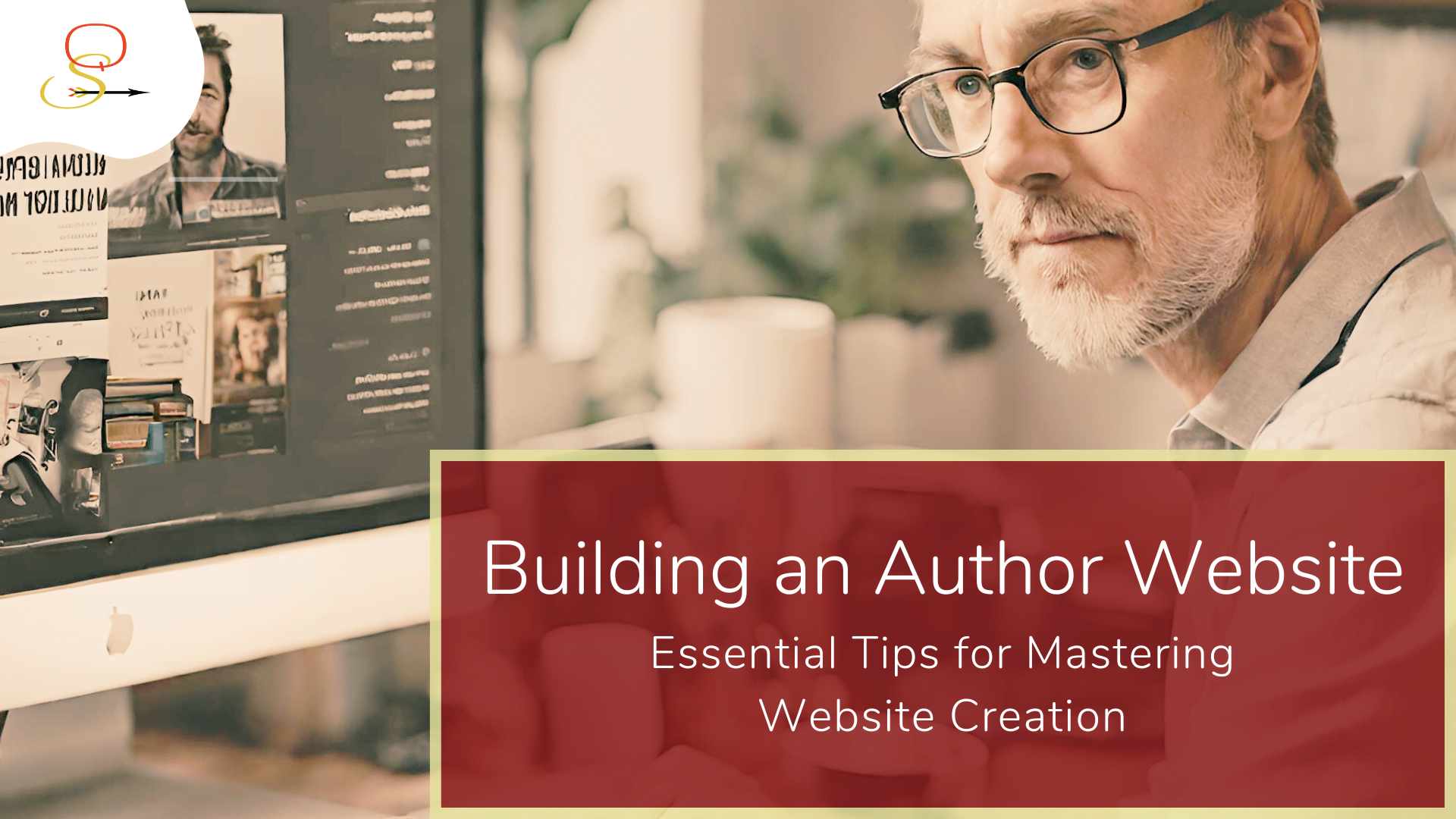On the last day of June, I traveled to Shibuya, a ward in Tokyo, to attend SCBWI Japan’s workshop on working with U.S. agents, editors and publishers. As an agent in another life and having worked in marketing departments of publishing houses over the years, I was thrilled that this workshop was happening only one month into my stay in Japan.
My immediate thought: What a lovely way to meet other kidlit lovers while also learning about the concerns of writers and illustrators living in Japan. But I had some questions, too!
- Will they have the same questions as writers or illustrators in the US?
- How different will the questions be?
- And, most worrisome, might any of my experience be able to help these international SCBWI members?
I shouldn’t have worried. One thing that I’ve experienced time and time again as I enter unfamiliar rooms with unfamiliar people in an unfamiliar country is that people are kind. They remember what it’s like to be new and not know anyone and, at least in Japan, are very warm and welcoming to fresh faces and the experiences they carry with them.
The workshop covered formatting for query letters, manuscripts, and summaries. There were discussions about social media and author marketing. There were even discussions about translations – a common subject abroad but not discussed nearly enough in the US – creating a book dummy, and some trusted resources to consult on various children’s literature subjects. The advisors led the discussion but what was so nice about the structured yet informal event was that audience participation was very much appreciated.
Below are a few thoughtful questions that were posed outside of the flow of information provided. I found them worthwhile and thought other aspiring or published authors might find their answers helpful.
Beta Readers
Can you give beta readers a set of questions or do you provide them with your work and just ask them to share their comments?
I loved this question because beta readers and sensitivity readers, more recently, have and should be an important part of your writing process. Outside perspective is essential for a writer to make the best work possible while also staying true to the core of their writing.
The SCBWI advisors shared that it really depends on your draft and the type of feedback you’re looking for when it comes to beta readers. Sometimes you just need praise at the beginning. Sometimes you need certain people who you know are grammar champions or always looking for well-rounded characters, so you’d ask them to read based on their strengths. Co-regional Advisor Holly Thompson referenced 2018-2019 National Ambassador for Young People’s Literature Jacqueline Woodson’s video on constructive criticism, which does a lovely job in its 5 minutes explaining what and why and how you can make the criticism process work for you.
Lesson: Be kind to yourself and don’t ask for what you can’t handle yet. Build yourself up with the knowledge that writing the manuscript is only a step, of which after comes revision. Be proud of what you accomplished but know that feedback is part of the process to ensure that your reader gets the best possible work you can write. Embrace it. Use it.
Dedicated Email
Should I have a writer/illustrator email or use my personal one?
Like what I’ll have to say about websites, your email is an extension of your brand. As a creative, you are (or are aiming to) put things out into the world that have your stamp on them. You want people to come to know that stamp and look for that stamp. This is your brand.
You want to keep your brand consistent across all channels, which means your email address should be consistent with your brand as well so those who wish to contact you aren’t guessing at what your email might be.
Your brand is also inherently professional. To me, professional ≠ stuffy. Professional = intentional. There is thought and careful action behind a brand used to elicit reactions in certain ways. The reaction you want to have with your email address when you give it out is that it’s easy to understand/input and it makes sense that it connects with you.
The easiest way to achieve this is to have a website and create an email address that uses the same domain as your website. For example, this website is quillshift.com and you can contact us at info[at]quillshift[dot]com. There is no question where this email address will lead me.
Don’t have a website domain yet? That’s okay.
- Use your name or pen name.
- Use Gmail. There are a number of other recognizable providers out there with good reputations, but Gmail is so well-recognized and the most current/accepted so why stray?
- Don’t make it long or unnecessarily complicated. Periods in your email are fine, but try not to have more than two. A hyphen is also okay but, like periods, limit. Although numbers are fine for personal email addresses, try to avoid them for professional addresses. If you need variation to claim the address, try periods or hyphens first.
Lesson: Make your email professional and connected to you as an author/illustrator and keep it as focused and simple as possible so it’s easy to remember and, hopefully, use.
Researching Agents & Editors
There wasn’t a specific standout question on this topic, but there were many sentiments shared that there is so much research to always be done and, at a certain point, writers and illustrators need to send out their submissions. This is true, but if proper research isn’t done enabling you to contact the best agents or editors who will connect with your work and with reasons why, then why should they (those agents and editors) take a chance on you?
Just like in many a fantasy novel, the hero has a journey to go on to discover their true selves and save whoever needs saving. On that journey, there are many tests and obstacles the hero must pass to continue on. Doing proper research that includes tracking concrete reasons why you want an agent or editor on your list is part of your journey. That doesn’t mean it must take up all your time.
Here’s a quick guide to putting together a first and second round list, how to cull, and what information to pay special attention to.
- Figure out your needs in an agent. Big agency? Boutique? Genres they represent? Age groups? Specific wants of the moment?
- Compile a huge list of agents and editors from sites like Writers Digest, Poets and Writers, Agent Query, Literary Agents of Color, Query Tracker, AAR, and Manuscript Wishlist. Use a spreadsheet and keep track of agent name, agency name, email address, genres/age groups/wants.
- Once you have your large list of at least 30 agents and editors, go back through and research each one individually. Look at the company website. Read their bio. Search for more information about them online through interviews, conferences they’ve attended, guest blog posts, books and other authors they represent, etc. Write down what resonates with you and why that relates to them being right for you and your book.
- Look back at your list and identify which agents or editors didn’t actually fit that well once you’ve learned more about them and cut them from your query list, for now. You should always focus on the agents with which you feel you can have a long and trustworthy relationship. If you don’t connect now, don’t send them a query. You may end up meeting them and connect later.
Lesson: Do the footwork at the beginning. Compile your go-to resources, get your process of weeding and collection down, and look for the people that will “get” you and your work based on what’s out there in the world about them, and what they’ve put out themselves. It’s worth it to do this legwork because sincerity, and the professionalism this takes, shines through in query letters. Queries are usually your first chance to make an impression and those are two things agents and editors really want to see for a good one.
Author Website
Do I need to hire someone to do my website or should I do it myself?
No, it’s not necessary to hire someone for $2000+ to create a basic website for you. When you’re first starting out, save that money for later when you actually have focused content you know you want to add to your site and have a clearer vision of your needs.
That said, there are many good website creators out there who work specifically with creatives, like Icey Designs and Gaia Cornwall. They happen to be writers, too!
Where can I make an author website relatively easily and frugally?
A few options are:
- Wix.com
- Weebly.com
- WordPress.com
- Tumblr.com
More information can be found about them through Diana Urban’s article, Top 5 Platforms for Easily Creating Your Author Website.
Sign up, find a theme that works for you and what you’d like to present, and fill in the information. These are the options if you want your site to be free or close to free. That means you may have branding in small places on your site that is not your own (like your domain name with have Wix or WordPress at the end of it or there will be a bottom banner). That said, it’s not a huge deal.
If you want your very own website, here are a few articles that help you through that journey.
- A Step-by-Step Guide to Build Your Author Website by Jane Friedman
- Building an Author Website by Joe Bunting
I am a huge fan of purchasing your own hosting, buying your domain, connecting them to WordPress.org, and then purchasing a wonderful theme for under $50 that will do everything that you’d want it to do and more and works with or comes with a number of plugins (apps for your website that give you better functionality). Then, you’re set. You are self-contained and really own your site and have full control over how it looks and what you can add or take away – your brand.
What should I include on my author website?
Have at least four sections on your website if you are a new writer who wants a branded website for their writing.
- About
- News
- FAQ
- Contact
The news section can double as a blog if you don’t have writings being published now and could incorporate moments from your everyday life, your writing process, and/or books you’ve read and your thoughts. If you do reviews, try to take the old review format for a spin. Maybe always have your reviews answer three questions, or always read in a certain place and note how that atmosphere works with each book, or always pull out a favorite line. You get it. Something consistent, something you.
Need suggestions for FAQs? Try this list of not boring interview questions by Bookfox you can repurpose or check out this well-categorized FAQ page from Jean Reidy.
Other pages I suggest when more material is available include:
- Books
- Events
- Resources
Don’t forget to include the social media channels you’d like people to know about and follow you on either in your top navigation or bottom navigation (or both) or on your contact page.
If I have a website focused on another business I have, should I start from scratch or integrate with an author page?
This is a great question. I really lean towards creating a new site unless you’re known for something outside of your writing and your writing focuses only on that. For example, you’re a pottery teacher and all your books focus on pottery or a history researcher and all your books focus on how to do the best history research. The publications lend themselves to your personal brand that you’ve already created.
If you’re a pottery teacher that also writes children’s books outside of pottery books for kids, then I’d say you need to separate those areas of who you are so the people who know and want to know you as the author won’t be confused when they find all of your pottery teaching information. This is not to say you can’t link to your other life in your About page or your FAQ page, but separate and clear is your friend here.
Lesson: Create an author website if you currently have another website that is not connected to the books you are writing. This website doesn’t need to be flashy or expensive. It does need to be clean, clear, have good navigation containing the basic sections of information, and showcase your brand aka what you want to be known for.
Phew! That’s it! A huge thanks to Holly, Mariko, Avery, and Naomi for hosting this event and for the thoughtful, caring group of SCBWI Japan members in attendance.
There were other fantastic discussion points, but these questions stuck out to me because there were resources out there that could easily be shared.
Got other questions or suggestions? Comment and let me know.






Thank you for this detailed followup to the session on June 30–and for joining us in Tokyo! So glad you are in our neighborhood for a while!
It’s my pleasure, Avery! I had such a lovely time and learned some things, too! I look forward to meeting more members and contributing however I can while I’m in your ‘hood.